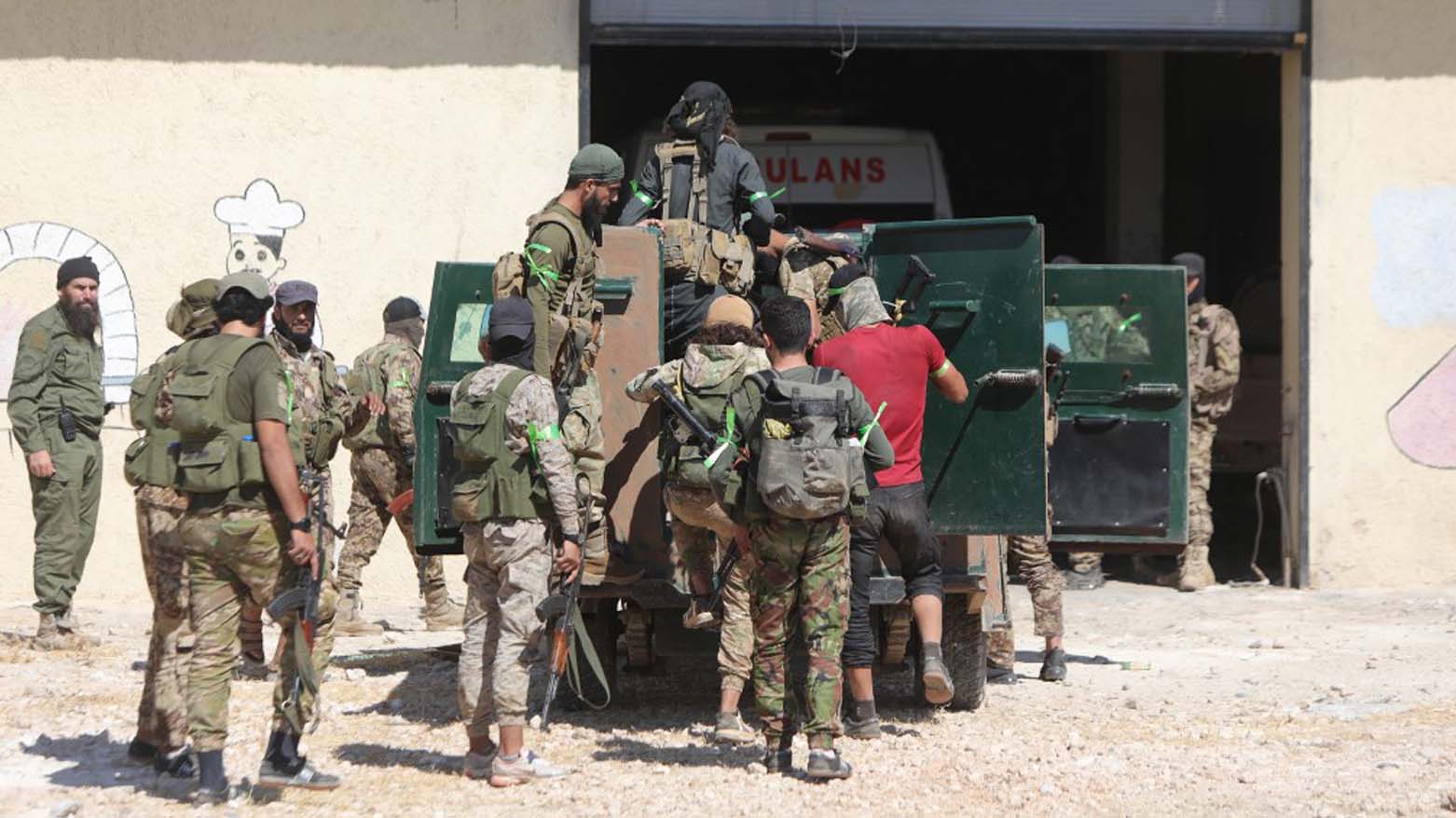Turkish-backed groups may have been involved in war crimes: UN report

ERBIL (Kurdistan 24) – A new report issued on Tuesday by the United Nations’ Independent International Commission of Inquiry on Syria suggests that Turkish-backed groups may have committed war crimes in March by killing Kurdish men in Afrin and torturing civilians.
“The Commission has reasonable grounds to believe that Syrian National Army members continued to arbitrarily deprive individuals of liberty and may have committed the war crime of torture and cruel treatment,” the report said.
Read More: Peshmerga family again attacked in Afrin
Previously known as the Free Syrian Army, the Syrian National Army is a Turkish-backed militia that is not to be confused with the Syrian Armed Forces supporting the country’s official al-Assad government.
The report also said that the killing of the Kurdish men in Afrin’s Jindires in March may amount to the war crime of murder.
Three Kurdish men from the Peshmerga died on the spot when a Turkish-backed group fired on them during Newroz celebrations on March 21, calling them fire worshippers, the report said.
Read More: PM Barzani condemns the killing of four Kurdish civilians in Afrin
On March 26, the “Syrian interim government” minister of justice announced that five men had been arrested for the killings.
“While the Commission notes that measures towards accountability appear to have been initiated, including with respect to the Jindayris (Jindiris) killings, the I’zaz (Azaz) death in detention and the rape, there is no information on restitution for the victims,” the report said.
Moreover, the UN report said that the Turkish authorities remain “bound by its obligations under international human rights and humanitarian law, including to prevent torture when its officials are present.”
The Commission also reported the continued presence of Turkish agents in detention facilities in Ras al-Ayn, Tell Abyad, Akhtarin and Hawar Kilis.
“Turkish officers appear to have been in positions of authority and to have played both positive and negative roles,” the report said.
Furthermore, it said many of the victims of arbitrary detention, ill-treatment and torture by Turkish-backed groups were Kurdish and were suspected of having ties to the Kurdish People’s Protection Units (YPG), the Syrian Democratic Forces (SDF) or the federal government.
The report said that one Kurdish man who was released after six months in detention was “interrogated daily for 10 to 12 days and tortured extensively, including falaqa (foot whipping), beatings, shabeh and dulab, until he confessed to whatever the investigators wanted.”
In the shabeh method of torture, the sleep deprived victim’s hands and legs are handcuffed to an uneven, pain-inducing chair with barbs or spikes. Loud music can be played to further mentally incapacitate the victim. In the dulab method of torture, the victim is placed uncomfortably in a car tire in order to immobilize him while he is beaten by his captor.
Moreover, the wife of another Kurdish detainee arrested for suspected theft by civilian police in Al-Rai and released in early 2023 told the Commission “that her husband had been tortured, including with electric shocks to his genitals. She said the torture had left her husband too traumatized to talk about his experience.”
